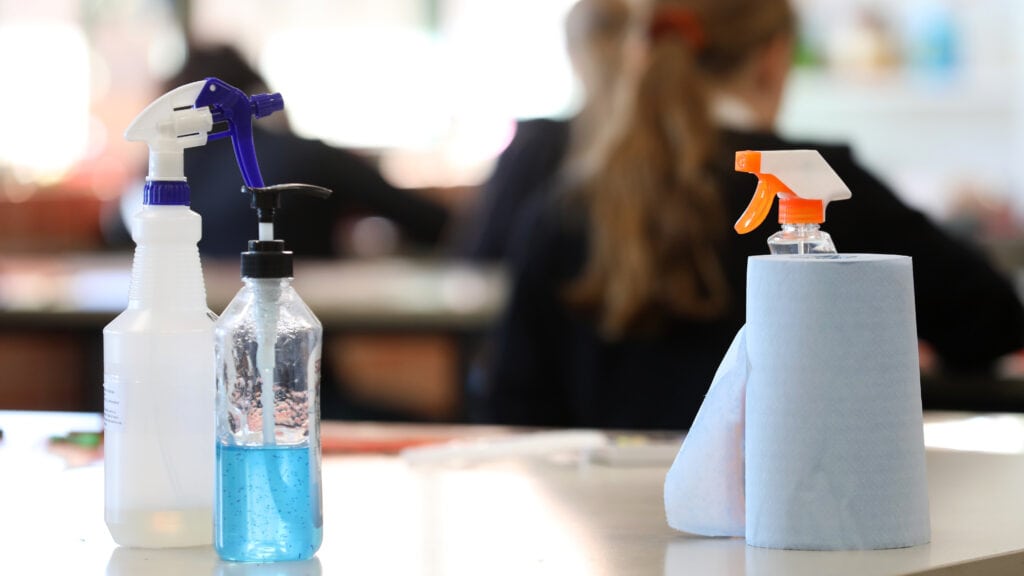
The Complex World of School Cleaning Services Procurement: Self-Managed vs. Managed Tender Support
Procuring cleaning services for your school or trust is no small task. It is an essential component of maintaining a clean and safe environment for students and staff, often representing a significant portion of the budget. The decision of whether to outsource cleaning services procurement or run the tender in-house involves a multitude of considerations. In this comprehensive analysis, we will explore the key factors that impact this critical decision-making process, aiming to provide clarity and guidance for educational establishments.
The Importance of Thoughtful Cleaning Services Procurement
Before we delve into the decision-making process, let’s emphasise the significance of careful cleaning services procurement. The provision of cleaning services is a cornerstone of every educational establishment. A clean and hygienic environment contributes to the well-being and productivity of students and staff. However, it is also one of the highest spending areas for schools. Therefore, it is imperative to give ample time and attention to re-procure these services to ensure a successful contract.
Understanding the Complexity of Procuring School Cleaning Services
Procuring school cleaning services can be a complex endeavour, with a multitude of factors to consider before even reaching the tendering stage. To embark on this journey, it is recommended to start with a thorough survey of your current cleaning service. This survey should encompass an assessment of what works well, what aspects you are content with, what areas need improvement, and what you would like to change. This evaluation will serve as the foundation for creating the specification, a critical element in the tender document, and in making informed decisions about your future choice of cleaning service supplier.
Exploring Alternative Procurement Solutions
Before diving headfirst into a bespoke procurement, it is essential to explore existing agreements that might align with your requirements. Framework agreements and Dynamic Purchasing Systems (DPS) provide compliant solutions that have already undergone procurement and supplier evaluation processes. These agreements are made available through government procurement agencies and public sector buying organisations (PSBOs).
Frameworks: The Benefit of Pre-Approved Agreements
Frameworks offer a pathway to accessing pre-approved and compliant arrangements for cleaning services. While the use of a framework might still require a “further competition” process, it negates the need for a full PCR2015 procurement process. All necessary due diligence checks, including financial, ethical, and background checks, have been completed as part of the framework/DPS process. A further competition allows suppliers already approved on the framework to submit tailored tenders for your specific school requirements.
Dynamic Purchasing Systems (DPS): Flexibility in Procurement
DPS, differs to a framework agreement, as it offers flexibility by allowing new suppliers to join at any time. All contracting authorities, including PSBOs, can establish a DPS. If there is a specific supplier you wish to include in the process and they are not currently on your chosen DPS, they can be invited before the publication of your tender. Education Buying, for instance, has its own Cleaning DPS, which streamlines the procurement process for educational establishments, ensuring full compliance with Public Contract Regulations 2015.
Choosing to Proceed with a Bespoke Procurement Process
If your school or trust decides to undertake its procurement process, several guidelines come into play.
- Collaborative Procurement: Strength in Numbers – School cleaning services are often ripe for aggregation, particularly for smaller primary schools. Collaboration between schools to purchase cleaning services together can make the offer more commercially attractive to the market. The question to ask is whether you can collaborate with neighbouring schools or if you are part of a broader group or network interested in collaboration. If collaboration is deemed viable, establishing a project group that includes representatives from each school and a memorandum of understanding can help ensure a smooth process.
- Understanding Your Current Contract – Taking time to understand your current contract arrangements is a vital step.
Key considerations include:
- Expiry Date: When does your current contract expire?
- Contractual Obligations: Are you contracted in, and would it be challenging to terminate at this point? Ensure you provide written notice to your incumbent cleaning provider and follow the notice period stipulated in your current contract.
- Scope of Cleaning: What are the contracted areas agreed to be cleaned?
- Frequency: How often are the agreed areas contracted to be cleaned?
- Allowing Ample Time for Re–procurement – Give yourself ample time to re-procure cleaning services. Considering the value and duration of a school cleaning contract, the whole life value may exceed the threshold in the Public Contracts Regulations 2015, necessitating advertisement in the Find a Tender Service (FTS). The process could take between 6 to 9 months to complete.
Choosing the Right Time to Commence the Contract
Considering the re-procurement process and its duration, selecting the ideal time to commence a cleaning contract is crucial. Beginning a contract halfway through a school term is not recommended. Instead, it is advisable to initiate it at the start of the school year or after another significant holiday period. This timeline allows the incumbent supplier to exit, and the new supplier to set up effectively.
TUPE Considerations: Protecting Existing Staff
In the process of notifying your incumbent supplier about the contract’s termination, you should also request details regarding staff subject to TUPE regulations (Transfer of Undertakings, Protection of Employment). These details should be anonymised but include current salaries, terms and conditions, and pension information. Potential suppliers will need this information during the tender stage.
Other Considerations: Managing the Transition
Other considerations that need to be addressed before going out to tender include:
- Ownership of Cleaning Equipment: Determine who currently owns the cleaning equipment and whether it needs to be transferred back to the incumbent supplier at the end of the contract, along with associated costs.
- Existing Cleaning Supply Contracts: Assess whether you have any existing cleaning supply contracts directly with your school. While more relevant to in-house cleaning services, these contracts need to be considered and possibly terminated before going out to tender.
- Balancing Act: Deciding Between In-House and Managed Tender Support
The decision to run your school’s cleaning services procurement via self-managed or seek managed tender support is a pivotal one. Each approach comes with its own set of advantages and challenges. To make an informed decision, it’s crucial to weigh these factors carefully. Let’s explore the trade-offs and considerations associated with each approach.
Self-Managed Procurement: The DIY Approach
Running the procurement process yourself provides a high level of control and customisation. It allows the school or trust to tailor the process to its specific needs and preferences. However, this level of control comes with a set of responsibilities and challenges.
Advantages of Self-Managed Procurement
- Full Control: You have complete control over every aspect of the procurement process, from defining the specifications to selecting suppliers and evaluating tenders.
- Cost Savings: Self-Managed procurement utilises your in-house expertise and resources. It may potentially be more hands-on and cost-effective as it saves on external consultancy service fees, making it a cost-effective choice.
Challenges of Self-Managed Procurement
- Resource-Intensive: Managing the entire procurement process yourself requires a significant investment of time and resources. This can be challenging, especially for schools with limited staff and expertise in procurement.
- Complexity: The complexities of procurement, including legal and regulatory requirements, can be overwhelming without dedicated expertise.
- Risk of Errors: self-managed procurement is prone to mistakes, particularly in areas where you lack experience or knowledge, which can result in costly repercussions.
Managed Tender Support: Leveraging External Expertise
Opting for managed tender support, such as Education Buying’s services, involves partnering with external experts who specialise in procurement processes. This approach can provide valuable support and expertise, but it also involves relinquishing some control.
Advantages of Managed Tender Support
- Expertise: Managed tender support brings in experts with a deep understanding of procurement regulations and best practices, reducing the risk of errors.
- Time Savings: With professionals handling the process, your school or trust can save valuable time that can be redirected to other critical tasks.
- Compliance: Managed tender support ensures compliance with all necessary legal and regulatory requirements, minimising the risk of legal complications.
Challenges of Managed Tender Support
- Reduced Control: While you benefit from expertise, you also cede some control over the process to external professionals.
- Cost: Utilising managed tender support comes with associated consultancy fees, which can impact the overall budget.
- Finding the Right Partner: Selecting a reliable provider of managed tender support is crucial, as the quality of support can vary.
Making the Decision: Factors to Consider
The decision between self-managed procurement and managed tender support hinges on several key factors:
- Resource Availability: Assess your school or trust’s internal resources, including staff expertise and time available for procurement. If your resources are limited, managed support may be the more practical choice.
- Complexity of the Procurement: Consider the complexity of your cleaning services procurement. If it involves intricate specifications, legal nuances, or requires compliance with public procurement regulations, external support may be beneficial.
- Budget Considerations: Examine your budget and whether it allows for external consultancy fees. Weigh the potential cost savings and efficiency gains against the service costs.
- Risk Tolerance: Evaluate your comfort level with managing procurement complexities. If you’re risk-averse and require compliance assurance, managed support is a suitable option.
- Timeline: Review the timeline for your procurement. If you have a tight schedule, external support can expedite the process.
In the world of school cleaning services procurement, no decision is one-size-fits-all. The choice between self-managed procurement and managed tender support depends on your unique circumstances, priorities, and resources. Both paths offer distinct advantages and challenges.
Your school’s or trust’s specific needs, budget considerations, and risk tolerance should guide your decision. Whether you opt for self-managed procurement to maintain control or choose managed tender support to leverage expertise, the ultimate goal remains the same: securing an efficient, cost-effective, and high-quality cleaning services contract.
As you embark on this critical journey, Education Buying stands as a trusted partner, offering a tailored approach to meet your school’s unique requirements. The choice is yours, but we’re here to provide the support and guidance you need to make the right decision.
An Informed Decision for a Cleaner Future
n the complex world of school cleaning services procurement, there are no easy answers. The decision to run the process yourself or seek managed tender support is a multifaceted one, requiring careful consideration of your school’s or trust’s specific circumstances. The balancing act between control, expertise, time, and budget considerations is a crucial one. Whichever path you choose, the ultimate aim is to secure a cleaning services contract that meets the highest standards of cleanliness, hygiene, and cost-efficiency. Education Buying is here to ensure you make an informed decision for a cleaner, safer, and more productive future for your educational establishment.
By taking the time to understand the complexities, weigh the trade-offs, and make an informed choice, you can set your school or trust on a path to a cleaner and more efficient future.





